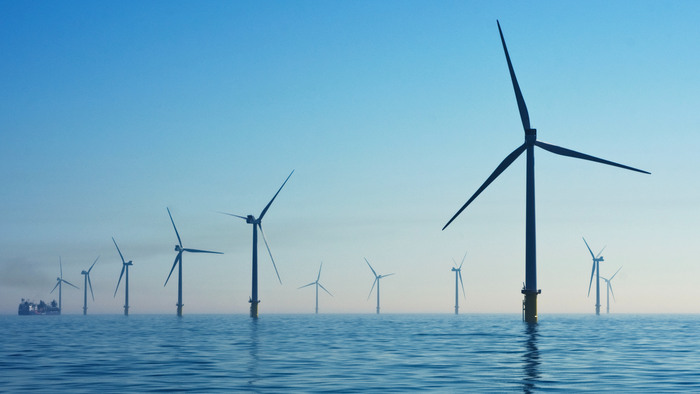- Startpage
- IRISS
- Value chains
- Energy

Energy
Traditional energy sources, such as fossil fuels, have significant environmental effects, including climate change, air pollution, and ecosystem degradation. By transitioning to renewable energy and clean technologies, the industry reduces its environmental impact, as well as decreases negative health impacts from the industry.
High-performance Energy Advanced Materials are at the core of the technological innovations needed to reach a sustainable and climate-neutral economy and society. Such materials are a part of the solution to our global challenges, offering better performance in their use at lower cost, better resource and energy requirements, and improved sustainability at the end-of-life of the products.
Energy Advanced Materials efforts are concentrated on technologies with the biggest potential to significantly contribute to total CO2 emission reductions in 2050 and where advanced materials make the difference in terms of sustainability along the whole life cycle of the products, well-being for the citizens and competitiveness for European Industry. These technologies are mainly oriented towards renewable energy harvesting, battery energy storage, hydrogen for mobility, chemical energy storage and CCU and finally energy efficiency.
The Energy Materials Industrial Research Initiative (EMIRI) is a partner in the IRISS project. The association represents about 60 organizations (industry, research, associations) active in Advanced Materials Technologies for clean and sustainable energy & mobility. EMIRI contributes to industrial leadership of developers, producers and key users of advanced materials by shaping innovation, manufacturing and energy policy framework at European level.
Policy ambitions and strategies for batteries
- Sustainable Batteries Initiative
 External link, opens in new window.
External link, opens in new window. - Batteries 2030+ Roadmap
 External link, opens in new window.
External link, opens in new window. - EU Battery Regulation proposal
 External link, opens in new window.
External link, opens in new window. - Report on Critical Raw Materials for Strategic Technologies and Sectors in the EU
 External link, opens in new window.
External link, opens in new window. - Waste Framework Directive
 External link, opens in new window.
External link, opens in new window.
